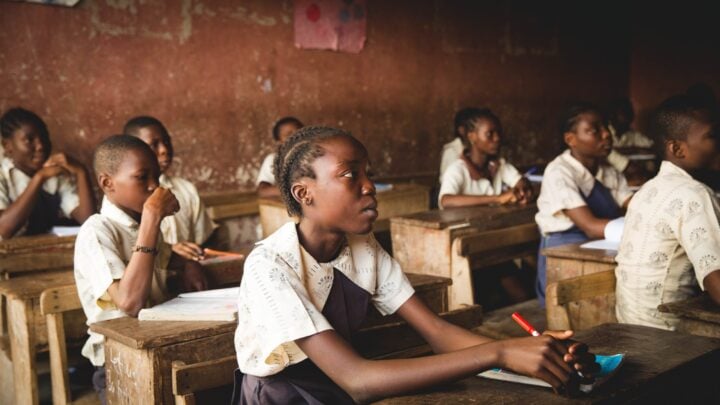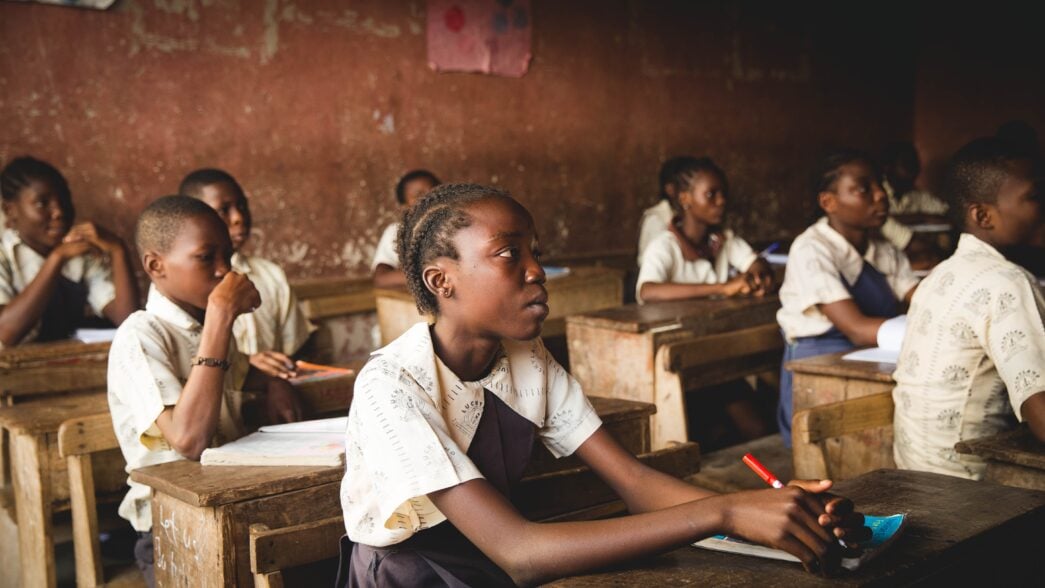BY TOSIN ADEOTI
When Nigeria’s ministry of education announced on November 13 that it was cancelling the three-year-old mother-tongue instruction policy, the reactions were divided and, in many cases, emotional. But if we strip away sentiment and focus squarely on the Nigerian reality, the government’s decision is not only reasonable but also necessary.
The mother-tongue programme, introduced in 2021 by then education minister Adamu Adamu, was based on global research showing that children learn foundational concepts faster in their first language. This research is valid. What is also true is that most of it was conducted in countries with one dominant regional language, such as Swahili in East Africa. Nigeria does not share that linguistic structure. We are a country of over 500 languages, none of which is nationally dominant, and none of which functions as a regional lingua franca across states.
A policy designed for countries with one major indigenous language cannot be pasted onto a country with hundreds.
Advertisement
Education minister Tunji Alausa was blunt: Nigeria does not have the trained teachers, the textbooks, or the infrastructure to deliver primary education in dozens of languages simultaneously.
He pointed to concrete evidence. Data from WAEC, NECO, and JAMB showed significant failure rates in the geopolitical zones that aggressively implemented the mother-tongue policy. This is not a matter of opinion. It is the outcome of a policy implemented faster than our capacity allowed.
Education expert Aliyu Tilde captured the reality perfectly in his comments to the BBC: “Does Nigeria have trained teachers to teach in the dozens of indigenous languages in the country? The answer is no.”
Advertisement
Developing teaching materials in even five major Nigerian languages would require multi-billion-naira investments, multi-year planning, multi-sectoral collaboration, and extensive teacher retraining. Doing it for dozens of languages, in hundreds of LGAs, would cost far more than Nigeria’s current education budget could sustain. For context:
∙ Nigeria’s education budget has averaged 5 to 8 percent of total national spending in the last decade, far below UNESCO’s recommended 15 to 20 percent.
∙ More than 10 million Nigerian children are currently out of school, the highest number in the world.
∙ Only 54 percent of Nigerian children complete junior secondary school.
Advertisement
Against this backdrop, introducing a new language of instruction in every local government was always going to stretch an already strained system.
The Nigerian population is highly mobile. Families frequently move from Lagos to Kano, from Uyo to Abuja. A child taught exclusively in Igbo in Owerri would struggle when their parents relocate to Kano, where instruction is suddenly in Hausa. Should such a child start again from the beginning? Should the teacher in Kano pause to teach in Igbo?
This is not just impractical. It is unfair.
In countries like Tanzania or Rwanda, where Swahili and Kinyarwanda are used nationally and regionally, mother-tongue instruction works because mobility does not disrupt learning. Nigeria’s linguistic landscape is entirely different.
Advertisement
Every major gatekeeper of academic progression in Nigeria, from WAEC to JAMB to university instruction, is conducted 100 percent in English. Expecting children to learn science, mathematics, literature, and literacy in an indigenous language, only to suddenly switch to English at the point of transition, is setting them up for difficulty.
A parent once put it to me simply, “English is a global language that is used everywhere. It’s better these kids start early.”
Advertisement
This is practicality. Nigeria participates in a global economy. Our students apply to universities in Liverpool, Nairobi, Johannesburg, Toronto and Dubai. English proficiency is not merely helpful. It is essential for global competitiveness.
The regions most likely to embrace the mother-tongue policy were the Northern states, where literacy levels are already fragile. In many parts of the North-West and North-East, literacy rates hover around 30 to 40 percent, compared with 80 percent in the south-west.
Advertisement
Implementing a policy that delays children’s exposure to English in these regions would disadvantage them further when writing national exams or competing for university placement.
Ironically, a policy designed to support learning risked widening educational inequalities.
Advertisement
Supporting the reversal does not mean dismissing our rich linguistic heritage. Nigerian languages deserve preservation and active cultural promotion. But they should be strengthened through:
∙ Compulsory mother-tongue classes
∙ Literature and cultural studies
∙ extracurricular and community-led enrichment
∙ Translation projects
∙ Digital language preservation
These are proven and sustainable methods. Making indigenous languages the medium of instruction in a country with 500 languages is not one of them.
The government’s reversal is not a rejection of indigenous identity. It is a recognition of Nigerian complexity.
It is a decision based on data, capacity, financial realism, and the urgent need to improve learning outcomes. English provides national uniformity, facilitates mobility, gives access to global knowledge and strengthens competitiveness.
Nigeria must celebrate its languages, but it must also educate its children in a way that reflects its realities.
Dr Alausa’s decision is not perfect, but it is practical, logical, and grounded in evidence. For once, we have a policy shift anchored in realism rather than sentiment. And that should be welcomed.
Tosin Adeoti writes on society, governance, and business, weaving history and observation into stories about how people and nations evolve. He is interested in ideas that help us build fairer and more thoughtful communities. He can be contacted via [email protected].
Views expressed by contributors are strictly personal and not of TheCable.




